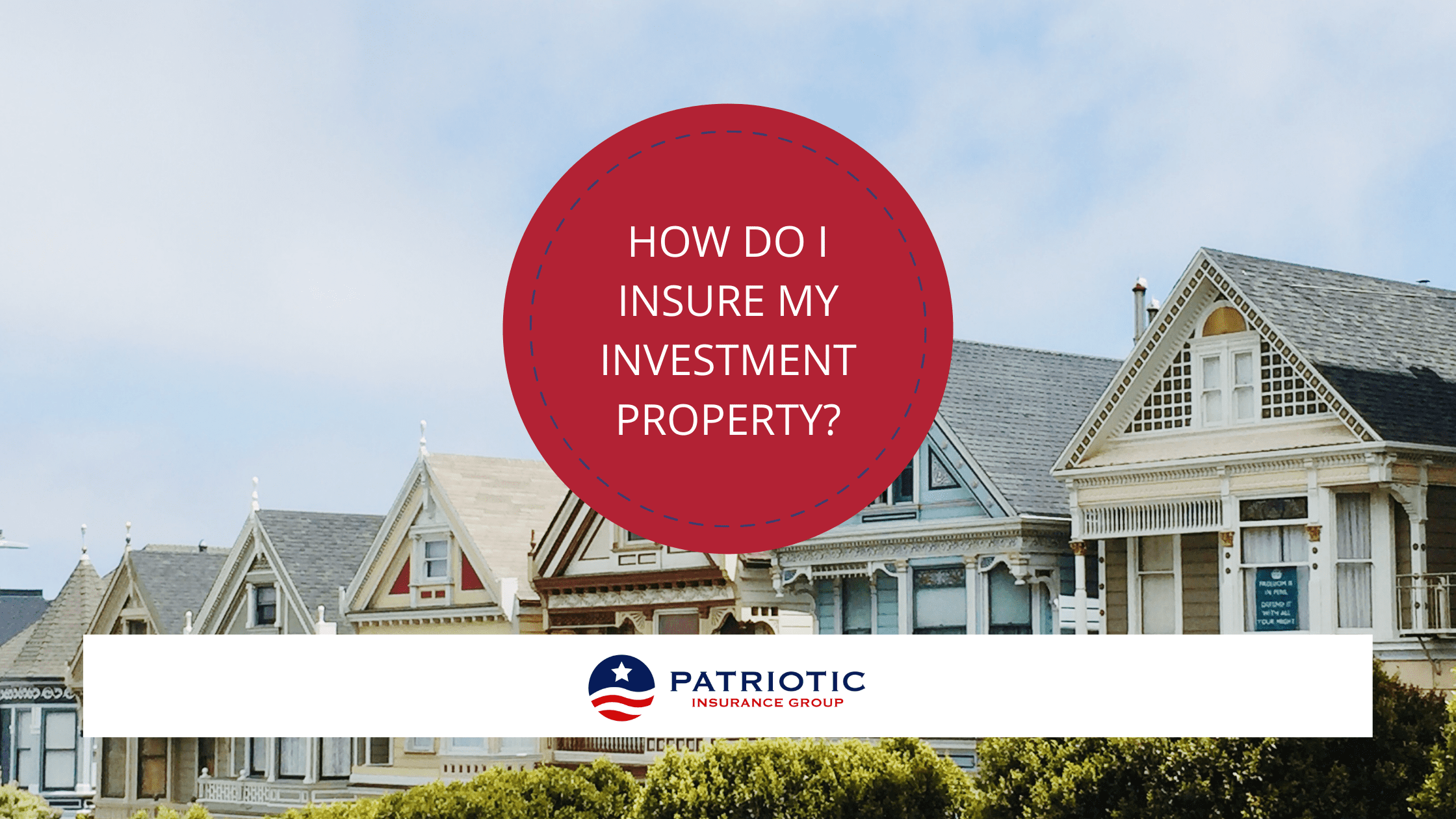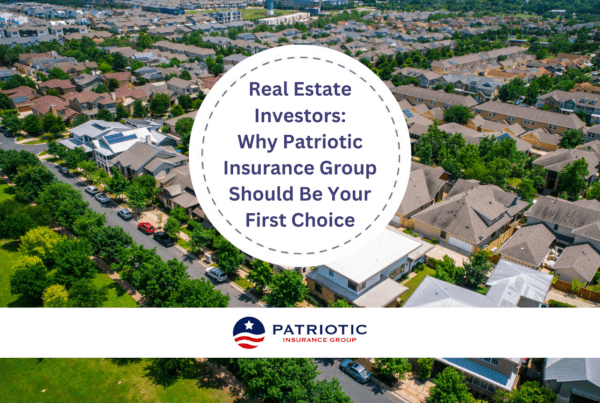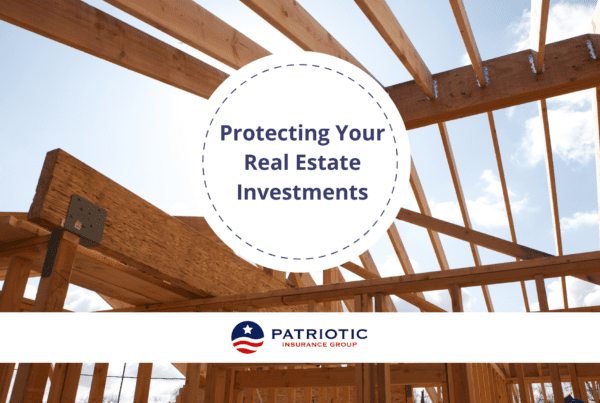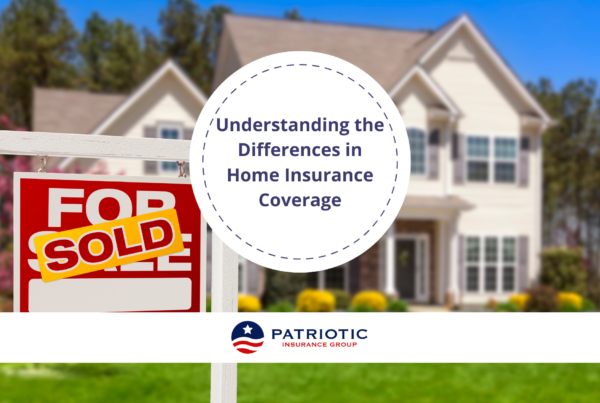
A common misconception when it comes to buying an investment property is you need a homeowners insurance policy. Which can make sense if you own the home and also live there.
Unfortunately, a homeowners policy does not cover you the same way it would cover you if you owned AND were not living in the home. That “AND” is crucial.
Now, this can get tricky, but as the insurance agent, it is our job to decipher exactly what you need in a policy. There are a lot of different policies that cover different liabilities.
As we break down the different types of policies, it is important to remember the biggest risk of any real estate investment is liability. It is not the structure itself. If something happens to the property, your insurance will build it back. It is a different story if someone gets injured on your property.
What kind of policy do you need?
Seasonal Dwelling
- If you own a home and you decide to buy a second home down south or north, depending on where you live these are called seasonal dwellings. Meaning you only use this property in the summer, or just in the winter. If you use the property through out the year then it is called a secondary home.
- You can only have one homeowners policy regardless of the states the homes may be in.
- This policy is used for two purposes. 1.You are building a home from the ground up. 2. You are renovating a home and doing structural work. A good rule of thumb here is if you need an engineer or architect for this project, there is a 99% chance you are making structural changes to the home. If you are making structural changes to the home, you need a builder’s risk policy.
- No one is there, ever. No one is living there, no one is going there just for the weekends, no one lives there. Period. If there is work being done on the home while it is vacant and it is only cosmetic (See Builders Risk policy above) then we can add a renovation endorsement.
- Landlord policies are for when you are renting out your property to tenants. These tenants have a long term lease agreement of 1 year or more and you manage the property as a landlord.
Renovation
- You are renovating the home, and are not living at the property throughout renovations. This is for any cosmetic renovations. No ripping down walls or replacing roofs, that would be classified as Builder’s Risk.
- Unlike the landlord policy, If you’re listing the property on VRBO or Airbnb you need a short-term rental policy.
Loss of Rental Income Coverage for Landlord and Short Term Rental properties
- This comes into play when there is a claim and the home needs to be empty to fix the damage. The policy will cover the loss of rental income you incur over that time you tenant cannot be at the property, and therefore is not paying you rent.
- A flood policy is a stand alone policy that is in addition to the primary policy, this covers your property if it is ever damaged by water, leaks, flood waters etc.
Now for the fun part…
Should the investment property be under my name?
The short answer, it depends.
If you separate your personal from your professional liability, you would want to put the property under an LLC, not your name. It is recommended you put any short-term rentals under an LLC. If you are going to keep the property in your personal name, then you need a personal umbrella. This will be in addition to your primary home and auto insurance policies. The additional properties go under this umbrella as well.
When it comes to investment properties, make sure your insurance agent knows exactly what is going on at that property at all times, and be sure to update your agent as things change at the property. These policies can be changed at any time, depending on your needs at the property.



